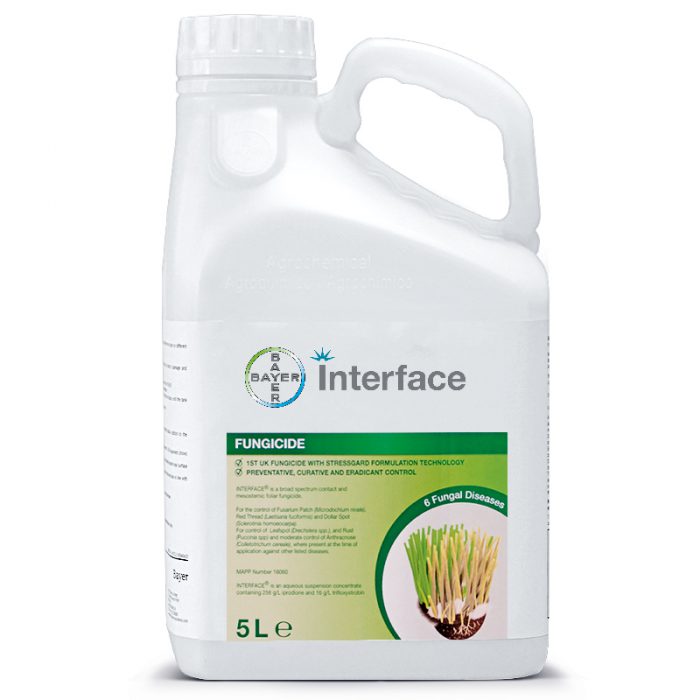In their own words: Jim Croxton
The CEO of Europe’s biggest greenkeeping association, BIGGA, explains that as the regulatory environment for chemicals gets tighter every year, golf clubs need high quality greenkeepers like never before.
Last month I attended an event that was billed as an ‘emergency summit’, which looked to provide some solutions to a golf industry that is dealing with the loss of products that have in the past efficiently and cheaply controlled pests on and in turf.
It was hoped that by bringing different industry stakeholders together, a better idea of the situation we face could be understood. I can assure you that the countless conversations I’ve had with BIGGA members in recent years has confirmed that this is a serious situation.
Each year the golf industry in the UK is worth more than £4 billion to the economy. Nearly four million people play golf regularly and 75,000 are employed within the sport across some 3,000 facilities.
BIGGA exists to serve its members and look after their needs, but we also play an important role in showing leadership to the rest of the golf industry in greenkeeping matters. A lot of golf courses have suffered significant damage by turf pests and their predators. Poor quality turf means unhappy golfers and unhappy golfers play less golf. This can threaten the sizeable numbers outlined above.

In the last couple of years we have supported the emergency authorisation of a pesticide called Acelepryn, which controls chafer grubs and leatherjackets. This authorisation demands a very high level of environmental stewardship in the use of the product and a limited supply has only been granted for golf greens, tees and fairways, racecourses and airfields. It is currently a temporary solution, but in the circumstances we believed that something that benefits turf and alleviates some of the pressure upon greenkeepers was worth lending our weight behind.
Quite rightly the regulatory environment for chemicals gets tighter every year. But weeds, pests and disease have to be managed on golf courses and in all elements of the amenity sector. Products that are available today have to be used judiciously as part of an integrated approach using all the various tools available. On golf courses this means increased cultural practices such as aeration and topdressing, along with the use of biological products. That side of things can be left to the turf manager to look after as he has the expertise and the knowledge of the unique ecosystem of the golf course.
This tighter regulatory environment is redefining the control turf managers have over pests and diseases. In the past the products available would provide total control of a specific challenge for a long period of time, years in some cases. This is no longer the case and rather than being eradicated, problems are now controlled. Additionally, the conditions in which modern solutions have to be applied are much more onerous, meaning greenkeepers need to be better prepared and equipped to do so. In some cases golf clubs will have to understand that perfection is no longer achievable and expectations of golfers will need to be managed.

Jim Croxton
I would heartily encourage golf club committees and managers to engage with their greenkeepers to discuss these challenges, how they are going to be met and, crucially, how they are communicated to members and visitors.
This situation is undoubtedly challenging for our members as they are almost always perfectionists. However, it is also my opinion that this situation is very good news for the role of the greenkeeper. Our members need a very high level of education and experience to manage today’s turf problems with current solutions. Equally, golf clubs need high quality greenkeepers like never before and must give them the resources and the support to carry out their roles with precision.
For more information, visit www.bigga.org.uk















So true. Great to hear that someone is trying to educate the clubs.